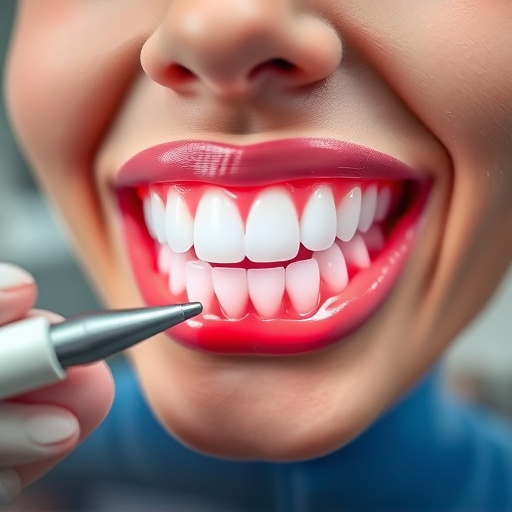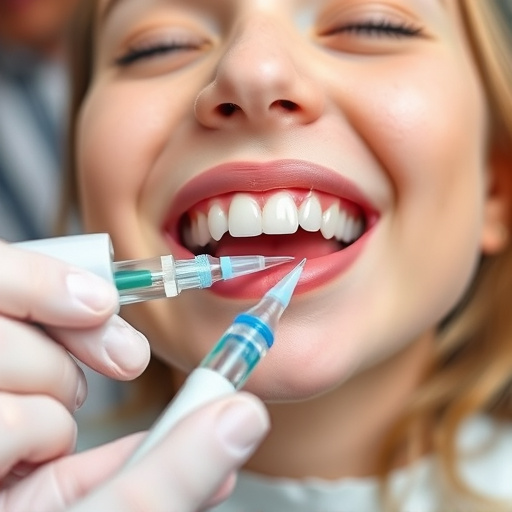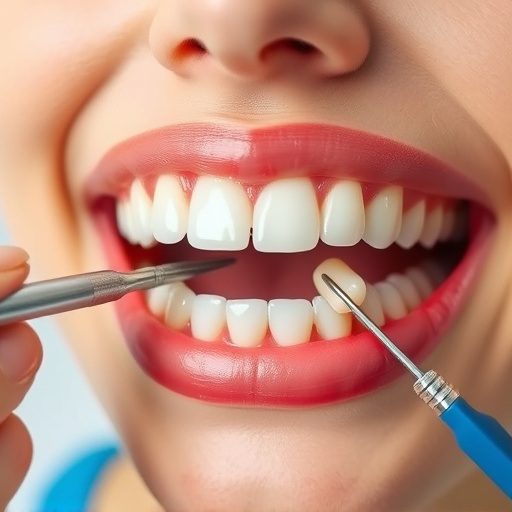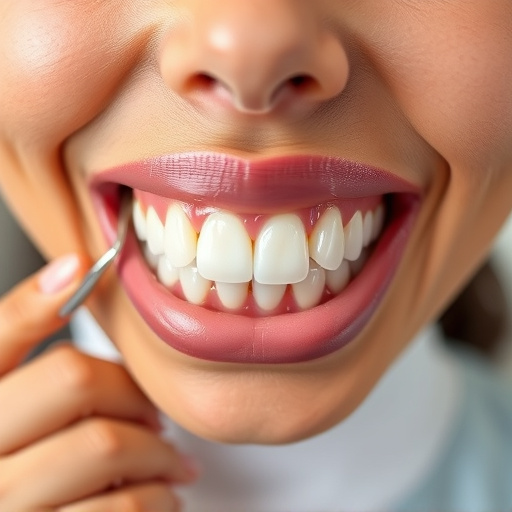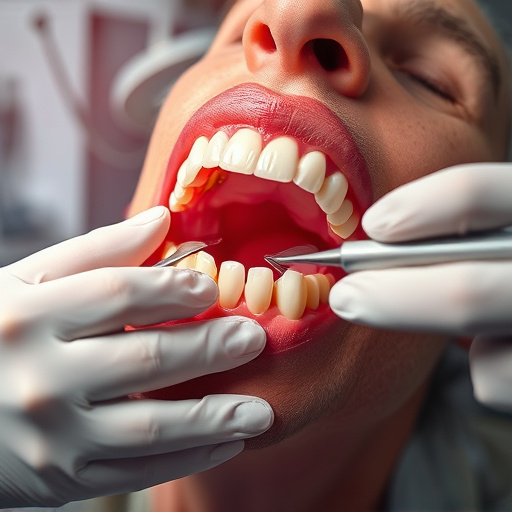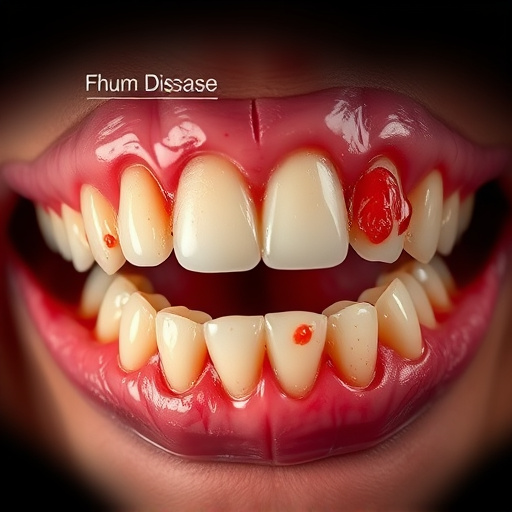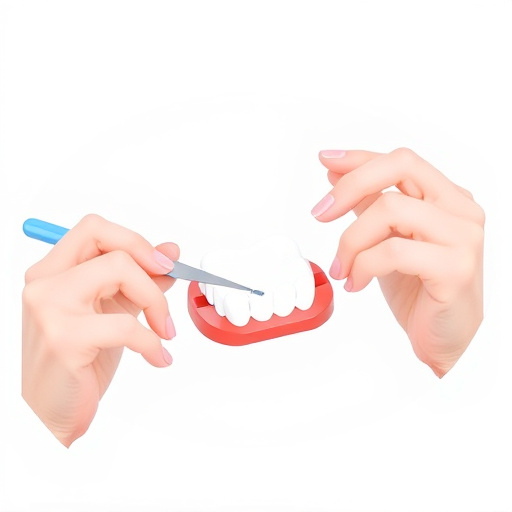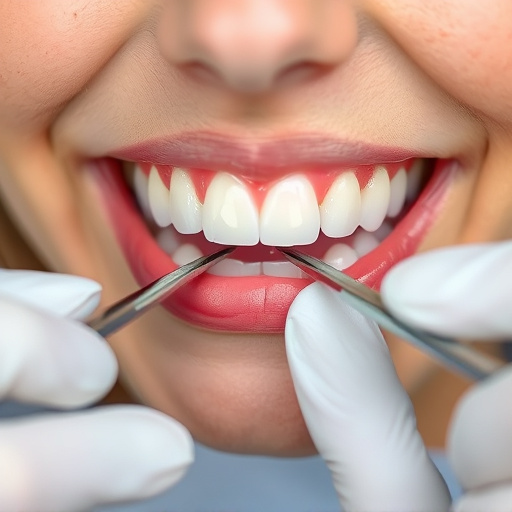Oral hygiene education is a powerful tool in family dentistry, teaching patients (especially children) to prevent tooth decay and gum disease through proper brushing and flossing. This proactive approach reduces costly dental treatments, improves overall well-being, builds trust between dentists and patients, encourages adherence to treatment plans, and promotes ongoing optimal oral health management.
Dental visits often evoke anxiety, but empowering patients through oral hygiene education can transform these experiences. This article explores how understanding the fundamentals of oral hygiene education forms the foundation for improved dental care. We delve into effective strategies for patient engagement, emphasizing the importance of trust-building and fostering long-term care habits. By equipping individuals with knowledge, we encourage proactive oral health practices, leading to better dental visits and overall well-being.
- Understanding the Foundation: Oral Hygiene Basics
- Educating for Empowerment: Patient Engagement Strategies
- Building Trust and Long-Term Care Habits
Understanding the Foundation: Oral Hygiene Basics

Oral hygiene is the cornerstone of any successful dental care routine. It’s about more than just brushing and flossing; it’s a comprehensive approach to maintaining overall oral health. The basics include learning how to properly brush teeth, using the right technique and tools, and understanding the importance of daily flossing. These fundamental practices form the foundation for preventing common dental issues like tooth decay, gum disease, and even needing dental fillings or tooth repair later on.
Educating patients, especially children from a young age, about these oral hygiene basics in family dentistry settings empowers them to take control of their oral health. By instilling good habits early on, families can avoid costly and invasive procedures like extensive tooth repair or frequent visits for dental fillings. Oral hygiene education is not just beneficial; it’s transformative, setting the stage for a lifetime of healthy smiles and reducing the need for intensive dental treatments.
Educating for Empowerment: Patient Engagement Strategies
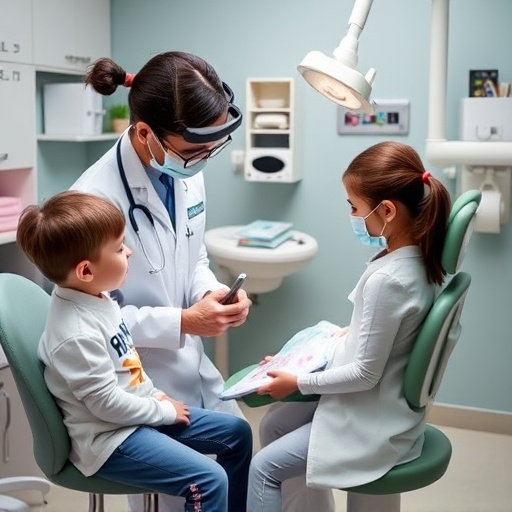
Empowering patients through education is a key strategy to enhance their oral health and overall dental experience. It goes beyond simply providing information; it’s about engaging and motivating individuals to take charge of their oral hygiene routines. One effective approach is offering interactive workshops or demonstrations that showcase the impact of daily brushing, flossing, and other preventive measures. By involving patients in these activities, they gain a deeper understanding of why certain practices are crucial for maintaining good oral health.
Additionally, using simple language and visual aids can make complex dental concepts more accessible. For instance, teaching patients about plaque buildup and its role in tooth decay or gum disease allows them to recognize the signs and symptoms on their own. This proactive approach encourages individuals to become partners in their dental care journey, fostering a sense of accountability for achieving comprehensive dental care, including procedures like tooth repair or even considering options like dental crowns down the line.
Building Trust and Long-Term Care Habits

Building trust between dentists and patients is a cornerstone of successful long-term oral health management. Oral hygiene education plays a pivotal role in this process. By taking the time to explain dental procedures, answer questions, and provide practical tips for at-home care, dentists foster an environment of open communication and empowerment. Patients who feel heard and understood are more likely to adhere to recommended treatment plans and preventive dentistry practices, leading to better outcomes and fewer emergency dental care situations.
Moreover, education goes beyond immediate visits. It equips patients with the knowledge to maintain healthy habits at home. Simple yet effective oral hygiene routines, including proper brushing techniques and flossing methods, can prevent common dental issues that might require more complex procedures like dental implants. This proactive approach not only saves time and money in the long run but also strengthens the patient-dentist relationship, ensuring ongoing care for optimal oral health.
Oral hygiene education is a powerful tool that can transform dental visits into empowering experiences. By providing patients with the knowledge and skills to maintain their oral health, dentists can foster trust and encourage long-term care habits. Through engaging strategies, dental professionals can ensure that each visit builds on the last, leading to healthier smiles and stronger relationships. Implement these practices today to elevate your dental care offerings and improve patient outcomes through effective oral hygiene education.






